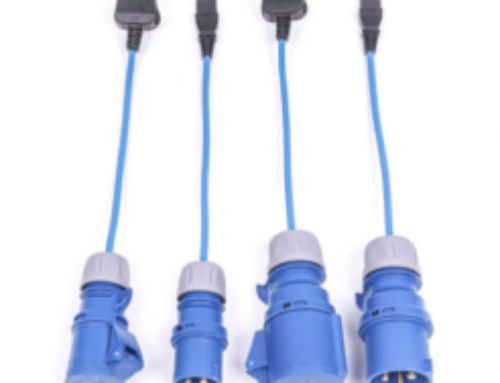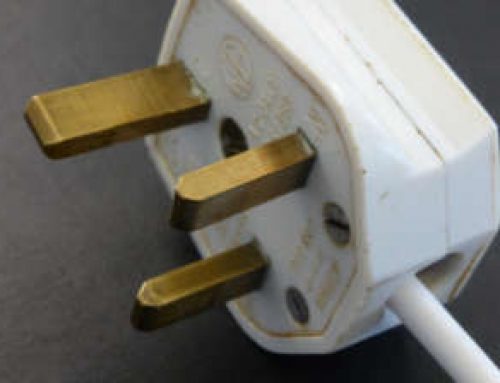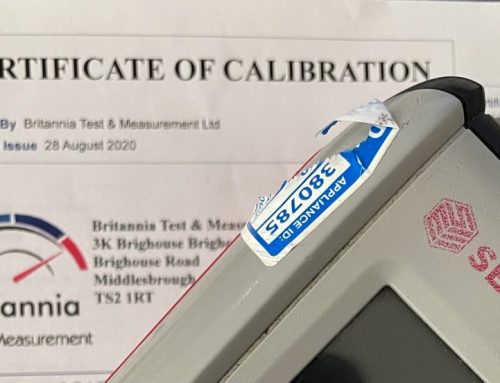PAT testing is a process carried out to check electrical equipment fitted with a plug is safe to use; it is part of health and safety in the UK.
A thorough PAT is crucial to find issues that may not be detected normally, so should be carried out by an experienced, skilled operator.
The price for PAT testing depends on many different factors, not least geographical area, with prices in the UK ranging from 50p per item to £5.00 or more. On average we find that PAT testing of normal electrical equipment in normal workplaces, such as computers and kettles will cost between £1.00 and £3.00 per item. We consider this to be a fair and acceptable price.
The PAT testing company is going to take various factors into consideration when deciding what price to quote you, including:
- The Appliance Types – such as whether its IT equipment in an office, or tools in a workshop, for example
- The working environment – expect to get lower rates for offices than building sites
- How many appliances – The more items you have tends to yield the biggest discounts, although this can be a little confusing. For example if you have 250 items the tester will be there all day, so will have lower overheads than if he has to test 50 items in 5 sites throughout the day, so you’ll get a lower price. However, if you have a thousand items then he’s going to have to come back every day; still lower overheads but more travel so the discount may not be quite as high, although there will still be a discount of some kind.
- Travel and other expenses – expect to pay an initial fee, before the per item rate, to cover costs such as travel and admin. This is a sensible addition and can often help to keep the per item rate a bit lower.
- Admin time – this is often forgotten about, but there is office work involved, such as producing the report. This time should be taken into account when quoting for a job.
A PAT tester’s expertise is valuable
PAT testing is a value added service; customers are legally required to maintain safe electrical equipment to prevent accidents in their offices and other businesses, so they need the tests conducted to a high standards. From the customer point of view a higher per item rate usually means a higher value of service, although experience has shown us this is not always the case.
There are some excellent companies out there, charging as low as 75p per item, still doing an excellent job, but then there are some others at the same rate cutting too many corners. This makes it difficult to suggest price makes good service, as it generally doesn’t.
When you are researching a PAT testing company, consider their testimonials, reviews and ratings. Have they got genuine reviews from clients, on independent review sites such as Trust Pilot, Free index and Google Places.
So what is a good PAT testing price to pay?
In our experience we’d recommend charging an initial fee to cover travel costs and office admin time, somewhere in the region of £50 to £90 depending on the travel distance, and this should cover a number of items, eg. £70 for the first 20 items.
Then a per item rate between £1.00 and £2.50, with more discount for higher numbers of equipment tested.
If the tester is on site for a full day the customer should expect to pay around £300 to £500 including VAT.
| No of items | Low cost per item | High cost per item | Average cost per item |
| 1 to 100 | £1.00 | £3.00 | £2.00 |
| 101 to 500 | £1.00 | £2.00 | £1.50 |
You should be able to find a good PAT testing company to do the job for around £1.00 to £1.50 per item in most cases, and this would be an acceptable price to pay, but expect to get a higher initial fee for a lower per item.
You may want to consider asking for a quote per hour rather than per item, which can work out cheaper in the long run, as if the tester is making good progress, the hourly rate may work out cheaper than the per item rate.
Should we be paying for materials supplied like plugs and fuses?
Yes of course you should, why shouldn’t you? If a contractor has to supply materials he should be reimbursed for such costs. In addition to this, expect to pay for repair work too, as that takes time, and when the engineer is doing a repair he’s not making money testing appliances.




